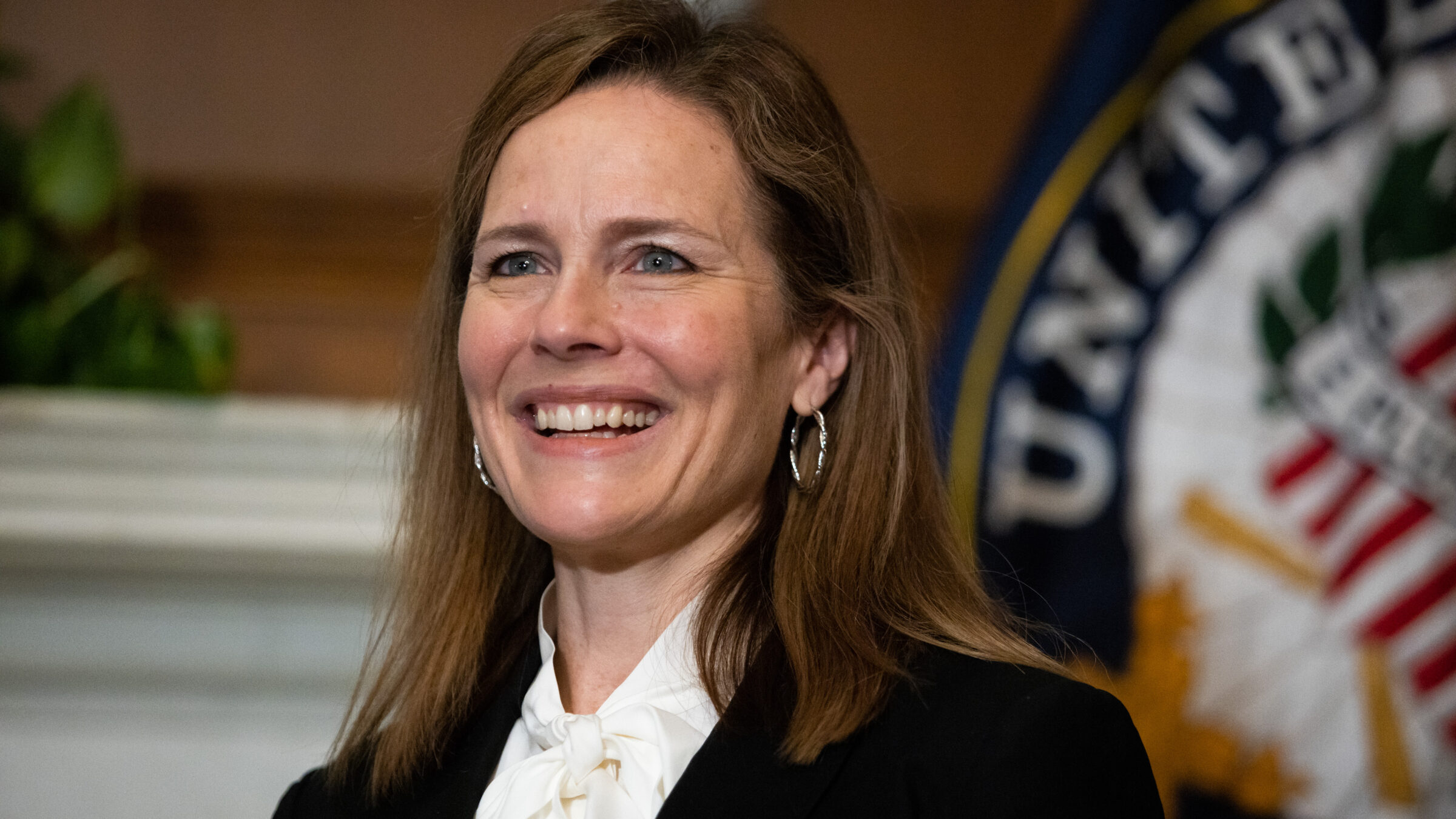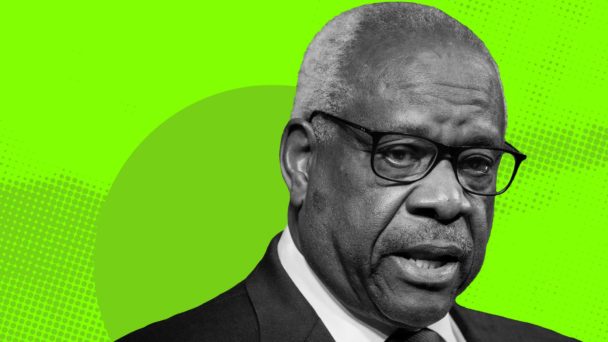In 2005, a jury in Tucson, Arizona sentenced John Montenegro Cruz to death for killing a police officer. The day after the foreperson announced the verdict, three jurors issued a press release expressing that they would have preferred to sentence Cruz to life in prison without parole, but that the judge told them it wasn’t possible under state law—their only choices were sentencing him to death, or to prison with the possibility of future release. They called their decision “gut-wrenching.”
The judge was wrong. Arizona had abolished parole back in 1993, which means that a life sentence would have been a true life sentence. Cruz asked the judge to inform the jury of his ineligibility for parole multiple times, to no avail. The prosecutor argued that the state law prohibiting his release from prison was “irrelevant,” and although it might accurately describe the law at the time, no one could know “what laws may be enacted five years from now or 10 years from now,” so any testimony about Cruz’s chances of future release “would be pretty speculative.” The judge agreed.
This result directly contravened the Supreme Court’s 1994 decision in Simmons v. South Carolina, when the justices held that a person facing the death penalty has the right to have the jury informed of their ineligibility for parole. (When deciding whether to impose the death penalty, jurors typically have to contemplate a defendant’s potential for future “dangerousness,” which makes the defendant’s potential for future release very relevant.) The Arizona Supreme Court, however, upheld Cruz’s death sentence anyway; Cruz appealed to the U.S. Supreme Court.
Last week, the Court sided with Cruz in a 5-4 opinion, effectively granting his request for a sentencing hearing before a properly-informed jury. But Amy Coney Barrett, along with Samuel Alito, Neil Gorsuch, and Clarence Thomas, dissented, offering an alternate vision of the relationship between federal and state governments that allows GOP-controlled states to shirk federal constitutional responsibilities without consequence. “Our job is to determine whether the Arizona Supreme Court’s decision is defensible, and we owe the utmost deference to the state court in making that judgment,” Barrett wrote.
The Arizona Supreme Court had cooked up an ambitious excuse for ignoring Simmons in Cruz’s case: It claimed the existence of an “adequate and independent state ground,” apart from federal law, for rejecting Cruz’s request—specifically, a state law that bars defendants from filing more than one appeal unless a “significant” intervening change in law takes place. Simmons, the Arizona Supreme Court said, didn’t count, because it was a change in the application of the law, but not a change in the law itself.
Barrett admitted that the Arizona court’s reasoning for ignoring Simmons is “novel.” But, she said, “novelty does not mean that a rule is inadequate merely because a state court announced it for the first time in the decision under review.” In other words, so long as state courts claim their abandonment of the Constitution is based solely on state law, Barrett and company are content to leave their decisions alone. It’s an admission that, in Arizona, there is a difference between the law as it is written and the law as it is enforced.

When you see someone getting their rights taken away (Photo by Graeme Jennings-Pool/Getty Images)
The decision should have been a no-brainer for everyone on the Court, because, incredibly, the justices had already reprimanded Arizona courts for this exact dereliction of duty. Arizona openly ignored Simmons for some two decades before the Supreme Court in 2016 finally rejected the state’s argument for doing so: that because, technically, the governor might someday pardon people who are sentenced to life in prison, Simmons didn’t require Arizona courts to inform jurors that such sentences do not entail the possibility of release. “Simmons expressly rejected the argument that the possibility of clemency diminishes a capital defendant’s right to inform a jury of his parole ineligibility,” the Court wrote in its per curiam decision in Lynch v. Arizona.
But even after that public call-out, Arizona refused to get in line, effectively forcing the Court to reprimand it all over again in Cruz. Arizona’s argument, endorsed by Barrett and three other members of the Court, is a clever way of avoiding constitutional requirements—like a fair trial with accurate jury instructions—that state courts don’t want to follow. It would create in the federal Constitution an opt-out button for states who would really rather avoid the pesky business of upholding the rights of people charged with crimes. Had Barrett’s position earned just one more vote, the Constitution would no longer be a floor for guaranteed rights. It would become a list of suggestions.



